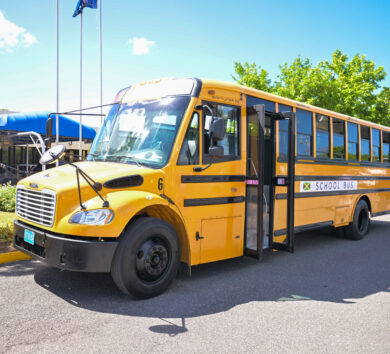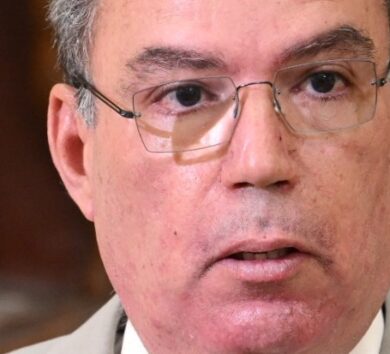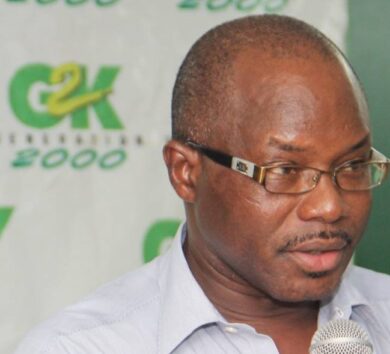

On World Press Freedom Day, a forum was held at the University of the Commonwealth Caribbean (UCC), located on Worthington Avenue in Kingston, Jamaica, entitled “Artificial Intelligence: A threat to journalism?
Below is Milton Walker’s full address:
I would start by expressing my gratitude for the opportunity to speak at this World Press Freedom Day forum on AI: A Threat to Journalism?
Today, as we mark this important occasion, it is essential to reflect on the current state of press freedom in Jamaica and the Caribbean and indeed its implications for journalists around the world.
We woke up this morning to the news that Jamaica has registered a significant drop in the World Press Freedom Index, moving from 12 to 32. The Press Association isn’t quite sure what the reasons are for the fall, but although we all must be concerned, we don’t think there is reason to be unduly alarmed. We can testify that the structural environment remains the same. No new oppressive legislation or any threat to journalists in this country. There are still challenges which we must work to overcome. It is important to note that Jamaica is among the 30 per cent of countries where the conditions for practising journalism are satisfactory according to Reports Sans Frontier. We will be examining the report and methods more closely than we’ve been able to do so far.
We mustn’t forget that In November last year, a Correspondent for Television Jamaica and a Gleaner reporter were attacked by a thug while covering a protest in Homestead Spanish Town. He damaged the camera and attempted to seize the reporter’s phone. He was arrested and charged but he was murdered in Clarendon in January.

We must also acknowledge our colleagues in neighbouring Haiti, where four journalists have been killed this year, the most recent being Ricot Jean, who worked for Radio-Tele Evolution Inter last Tuesday. This appalling situation highlights the dangers that journalists face in some parts of the world. We offer our condolences to the families of those who have lost their lives in pursuit of the truth. Similarly, in Guyana another Caricom state, journalists are subject to intimidation and cyber-bullying by supporters of the ruling party. This is a concerning situation that has no place in a democratic society. Journalists must be free to report on issues of public interest without fear of reprisals or intimidation.
As we consider the role of AI in journalism, it is important to recognize that while AI can bring many benefits, it also poses a significant threat to journalists. For example, AI-generated deepfakes can be used to spread misinformation and manipulate public opinion. Additionally, AI-powered tools can be used to track and monitor journalists, impersonating a reporter compromising their safety and the confidentiality of their sources.
Therefore, as we move forward, we must work together to ensure that AI is used in a responsible and ethical manner. Journalists must be aware of the potential risks associated with AI and be equipped with the necessary skills to navigate this new terrain. It is also critical that governments and other stakeholders take action to protect journalists and uphold press freedom, both online and offline.
In conclusion, on this World Press Freedom Day, let us recommit ourselves to the fundamental principles of press freedom and the protection of journalists. We must stand in solidarity with our colleagues worldwide who are facing persecution and work together to ensure that AI is used to enhance rather than undermine the critical role of journalism in our society.
Milton Walker is President of the Press Association of Jamaica (PAJ). He is also the General Manager, Broadcast & Cable News and Sports at the RJR Gleaner Communications Group.







Comments